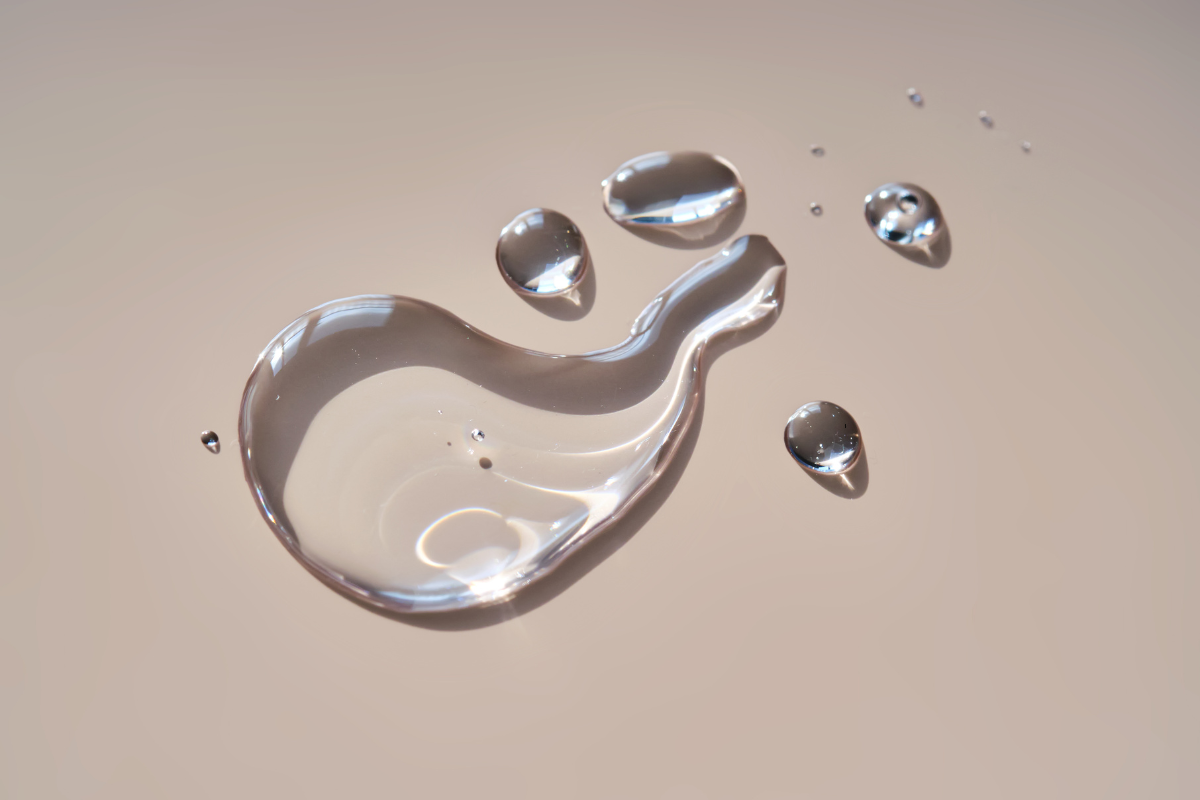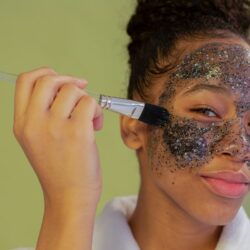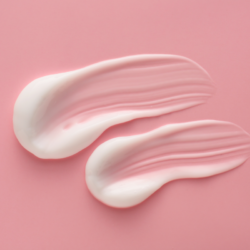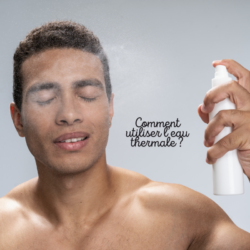When it comes to skin care, the terms ‘ hydration ‘ and ‘ nutrition’ are often used. But there’s a big difference between the two. So how do you go about choosing the right skincare product for your skin? The answer is simple. It’s like your body. When you’re thirsty, you drink water to keep hydrated. And when you’re hungry, you nourish yourself by eating. The skin, like the body, needs both hydration and nutrients to stay healthy. By adapting your skincare routine, you can meet the specific needs of each skin type.
Understanding your skin type and its hydration and nutrition needs
Knowing your skin type is essential for adopting the right skincare routine to meet your skin’s specific hydration and nutrition needs. Each skin type has specific characteristics that influence the skincare products you choose.
Normal skin: Balanced, soft and with barely visible pores, it needs daily moisturising with light care products to maintain its elasticity and suppleness.
Dry skin: Lacking lipids, dry skin is prone to tightness and irritation. To restore its cutaneous barrier and prevent dehydration, it needs to be nourished with plant oils, rich butters such as shea butter and ceramides.
Oily skin: Producing excess sebum, it can appear shiny and have dilated pores. Skin, like the body, needs both moisture and nutrients to stay healthy. Adapting skincare products to meet the specific needs of each skin type. Skin care products should be non-comedogenic and enriched with hyaluronic acid or purifying botanical extracts.
Combination skin: With an oily T-zone and drier cheeks, this skin type requires a tailor-made routine: a moisturising fluid for the oily areas and a more nourishing cream for the dry areas.
Sensitive skin: Fragile and reactive to external aggressions, it needs hypoallergenic, fragrance-free skin care products enriched with soothing active ingredients such as aloe vera or camomile.
Adapting your skincare routine to your skin type is essential to maintaining its natural balance and preventing skin imbalances.
What’s the difference between moisturising and nourishing the skin?
Hydration and nutrition are two key concepts in caring for our skin. Hydration is the process by which water is brought to and retained in the skin, while nutrition refers to the nutrients and lipids needed to maintain healthy skin. Both are essential for balanced skin, but it’s important to know the difference so you can choose the right product.
Moisture helps to bring and retain water in the skin, while nutrition provides essential lipids and nutrients. All skin types need hydration, but some also require a higher lipid content. Water to moisturise your skin can come from a variety of sources: drinks, fruit, vegetables, but also moisturising creams made available by the major cosmetics brands. These creams help protect the skin from drying out. When the epidermis is dehydrated, you may experience tightness or redness.
Nourishing your skin also means giving it the nutrients it needs to stay healthy. Lipids, fats, etc. these elements protect the skin against dryness by forming a sort of skin barrier. Dry skin is most affected by the need for nutrition.
Moisturising and nourishing the skin: essential steps for radiant skin
Keeping skin in good health depends above all on moisturising and nourishing it to meet its specific needs. A balanced diet plays a key role in providing essential nutrients, but it’s not always enough to ensure optimal skin hydration. Daily application of targeted skin care products helps to strengthen the skin barrier and preserve its natural radiance.
Using a moisturising cream every morning helps to keep the skin supple and radiant throughout the day. Applied after a shower, a nourishing cream encourages skin regeneration during the night. In addition to topical treatments, some people opt for food supplements rich in hyaluronic acid, omega-3 or ceramides, which help to boost hydration and nutrition from within.
Which ingredients are best for well-moisturised, nourished skin?
The choice of products is crucial to achieving visible, long-lasting results. It’s essential to choose formulas that are adapted to your skin type and enriched with high-performance active ingredients. Hyaluronic acid is one of the most effective ingredients for retaining water and preserving skin hydration. Glycerine also plays a key role in maintaining moisture in the upper layers of the epidermis. To deeply nourish the skin, plant oils such as sweet almond, jojoba or argan are ideal, as are natural butters such as shea or cocoa. Ceramides strengthen the skin’s protective barrier, while niacinamide helps to regulate sebum production and soothe redness.
How can I optimise skin hydration and nutrition on a daily basis?
Adopting a complete skincare routine is essential to maximise the benefits of hydration and nutrition. Gentle cleansing in the morning and evening removes impurities and prepares the skin to receive skincare products. Regular exfoliation encourages cell renewal and optimises the penetration of moisturising and nourishing active ingredients. Daily application of a sunscreen protects the skin from the harmful effects of UV rays, preventing premature ageing and pigmentation spots.
Skin hydration is not just a question of cosmetic care. Drinking enough water throughout the day helps to maintain a good level of hydration from within. A diet rich in vitamins, antioxidants and essential fatty acids also helps to boost skin health. Avoiding aggressive products containing perfumes, dyes or alcohol helps to limit the risk of irritation, particularly for sensitive skin. Favouring hypoallergenic skin care products that have been dermatologically tested ensures better tolerance and optimum respect for the skin’s balance.
Lifestyle also influences skin quality. Adequate sleep promotes cell regeneration, while high levels of stress can cause skin imbalances and imperfections. Taking care of yourself on a daily basis, both in terms of skincare and lifestyle habits, is the key to luminous, supple, healthy skin.
FAQ
1. Can I use the same product to moisturise and nourish my skin?
Some products combine moisturising and nourishing, but it’s better to use specific products for each need, especially if you have combination or sensitive skin.
2. How do I know if my skin needs hydration or nutrition?
In general, skin that feels tight and has dry, rough patches needs nutrition, while skin that looks dull and lacks radiance needs hydration. However, each skin type has specific needs and may require a combination of both.
3. How often should I moisturise and nourish my skin?
We recommend that you moisturise and nourish your skin every day, morning and night, with products that are suited to your skin type.
4. Does oily skin need moisturising and nourishment?
Yes, oily skin needs hydration to balance sebum production without clogging pores. Nutrition should be light and non-comedogenic to avoid overloading the skin.





